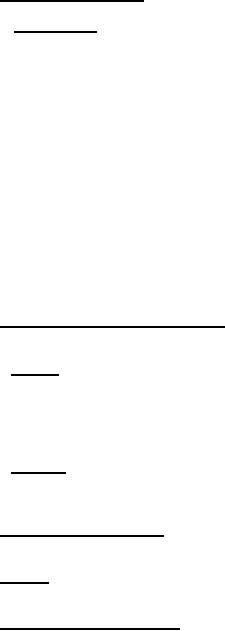 |
|||
|
|
|||
| ||||||||||
|
|  MIL-M-38510/118B
3.4 Lead material and finish. Lead material and finish shall be in accordance with MIL-PRF-38535 (see 6.6).
3.4.1 Lead material. The lead material shall be in accordance with MIL-PRF-38535, or as follows:
Type X
Nickel .............................................................................. 50-53 percent
Manganese ..................................................................... 0.60 percent, maximum
Silicon ............................................................................. 0.30 percent, maximum
Carbon ............................................................................ 0.10 percent, maximum
Chromium ....................................................................... 0.25 percent, maximum
Cobalt ............................................................................. 0.50 percent, maximum
Phosphorous ................................................................... 0.025 percent, maximum
Sulfur ............................................................................. 0.025 percent, maximum
Aluminum ........................................................................ 0.10 percent maximum
Iron .............................................................................. Remainder
Type Y
Copper core ....................................................................24.75 percent, maximum
Clad with Alloy 52 ...........................................................75.25 percent maximum
3.5 Electrical performance characteristics. Unless otherwise specified, the electrical performance characteristics are as
specified in table I and apply over the full operating ambient temperature range of 55C to +125C.
3.5.1 Stability. If the device is located an appreciable distance from the power supply filter, a solid tantalum bypass
capacitor should be connected as close to the device VCC input as possible to suppress oscillation. A solid tantalum bypass
capacitor is recommended on the device output. Output current oscillations may occur in the current limit operating mode.
Since load currents of less than 5 milliamperes may result in a loss of voltage regulation, regulators should be preloaded
with 5 milliamperes of load current in lightly loaded applications.
3.5.2 Test limit. The test limits specified in tables I and III apply only for the stated test conditions (example, 2 percent
duty cycle), which essentially keep the junction temperature constant. In most applications the junction temperature will
greatly exceed the 25C ambient or sink temperature; thus devices may not perform within the 25C specified limits.
3.6 Electrical test requirements. Electrical test requirements for each device class shall be the subgroups specified in
table II. The electrical tests for each subgroup are described in table III.
3.7 Marking. Marking shall be in accordance with MIL-PRF-38535. At the option of the manufacturer, marking of the
country of origin may be omitted from the body of the microcircuit, but shall be retained on the initial container.
3.8 Microcircuit group assignment. The devices covered by this specification shall be in microcircuit group number 52
(see MIL-PRF-38535, appendix A).
4
|
|
Privacy Statement - Press Release - Copyright Information. - Contact Us |